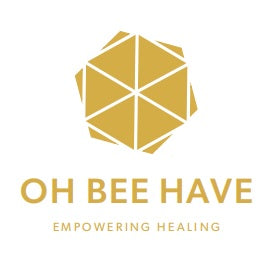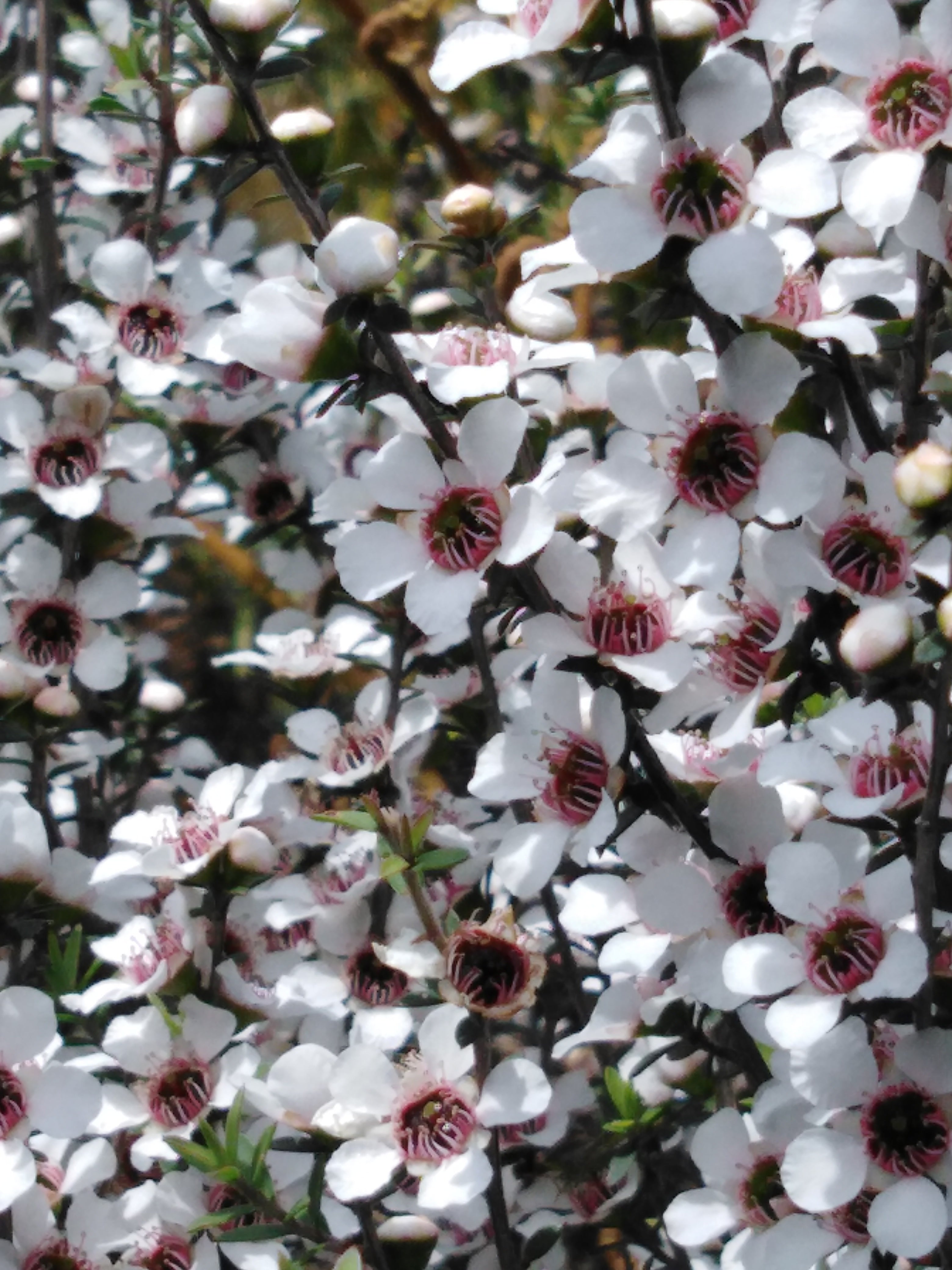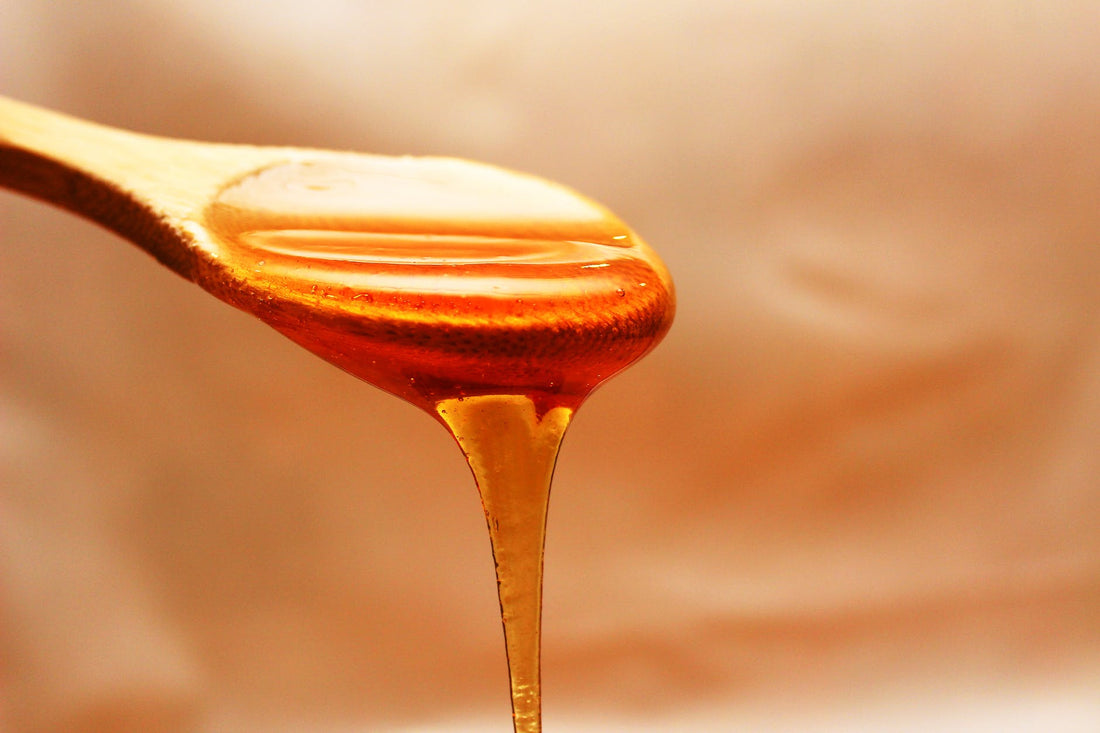For those who don't know, Manuka honey is native to New Zealand, and this is dark honey produced by bees that pollinate the manuka bush's flowers. Manuka honey is known to be rich in active compounds, giving it natural antimicrobial properties – and that is the main aspect that sets it apart from the honey that we use.
When it comes down to buying manuka honey, it is advised that you take a look at the UMFTM mark on the label. This label stands for Unique Manuka Factor, and it is apparently a quality trademark awarded to licensed beekeepers, producers, and exporters of genuine Manuka honey in New Zealand. Now, besides the trademark itself, you are most likely to see a number such as 10+ or 24+. These numbers represent the level of unique signature compounds, methylglyoxal (MG) and dihydroxyacetone (DHA) in the honey. The higher the number, the greater would be the amount of MG and DHA, and therefore the purer and more potent the honey is considered to be.
Nutritional Benefits of Manuka Honey
One teaspoon of manuka honey offers:
- 33 kcal / 137 KJ
- 8.4g carbohydrates
- 8.2g sugar
The best part is that manuka honey is proven to be sugar-free.
Benefits of Manuka Honey
Manuka honey acts as a prebiotic since it is a source of non-digestible carbohydrates known as oligosaccharides. While we can't digest these carbs, the bacteria in our guts can. Using the oligosaccharides as fuel helps level up the volume of "good" bacteria in the digestive system, including bifidobacteria and lactobacilli.
Manuka honey is widely famous for its wound-healing properties. When applied directly to the wound, it may improve the healing process and decrease overall pain. You'd be surprised to know that the US Food and Drug Administration approved it as an option for wound treatment in 2015. It offers wound-healing support for tissue regeneration, superficial partial-thickness burns, diabetic ulcers, and eyelid wounds. Besides healing your wounds, manuka honey is ranked amongst the best brain memory supplements.
A study has found out that manuka honey efficiently inhibited influenza viruses, and another study found out that it had significant activity against shingles. However, that's not the end of it, because more and more research still needs to be done, including the ones with human trials.
Whether you believe it or not honey and lemon are proven to be an age-old remedy for a cold, and apparently, a handful of studies have supported this claim. A study found out that honey was more effective at alleviating a cough in children than an over-the-counter cough suppressant. Following the Covid-19 outbreak, honey was proven it to be a great treatment of patients infected with Covid-19.



